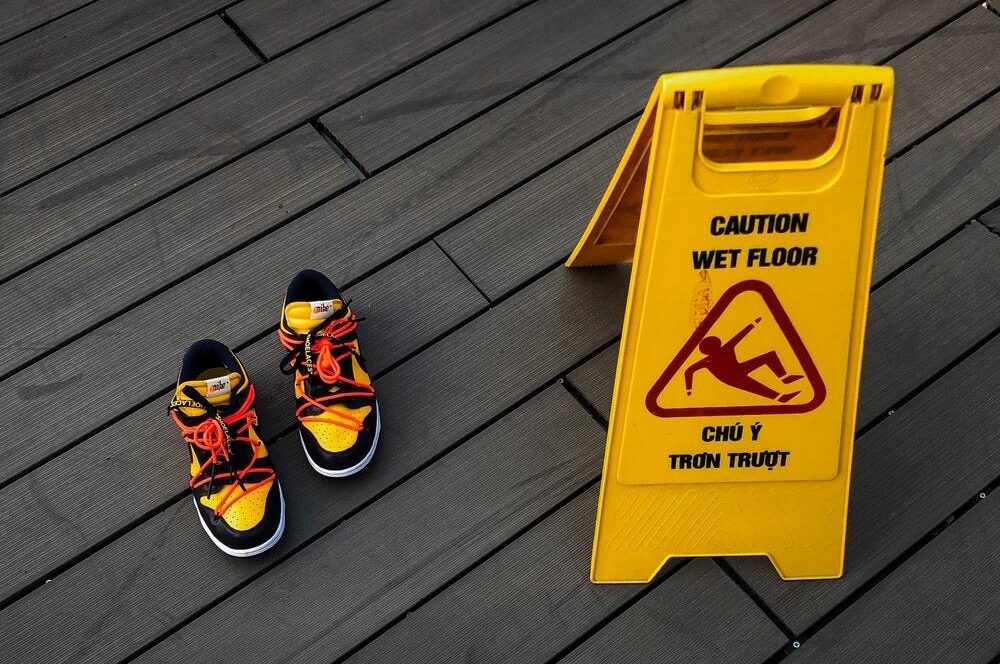There’s been a growing trend for several years amongst homeowners who have extra space and are looking to make some extra income: They rent out either entire properties or shared spaces via short-term rental services like Airbnb and Vrbo, welcoming strangers visiting their city to stay somewhere that has many of the amenities of a home away from home.
Most of these rental experiences go off without a hitch—the renters pay their fees, stay for a few days to enjoy the home and local activities, then pack up and leave. These processes go smoothly when the home or space is clean, easily livable, and safe. But it’s not unheard for mishaps to happen on these properties that leave such visitors in precarious situations.
If you are one such short-term rental customer who’s injured on the premises of the rental site due to the negligence of the home owner, the process of filing a personal injury premises liability claim may look different than it does in other premises liability scenarios.
Who to Sue in an Airbnb Premises Liability Case
Hotel guests have the benefit of knowing exactly who is responsible for their safety should they be injured while on the hotel site. If a guest comes into contact with any unsafe conditions such as slip and fall hazards or is otherwise exposed to negligent behavior on the part of hotel staff or hotel policies, they may be able to hold the hotel itself or its operating company liable for any damages suffered.
In the case of a home that offers its rentals through a larger company like Airbnb, figuring out where to place liability can be a little more complicated. Most Airbnb rentals, whether they’re homes, apartment units, or single rooms, are not owned or managed by Airbnb. Instead, they have private ownership and management. Even so, each rental must meet certain qualifications and standards set forth by Airbnb to be approved for hosting guests.
If it’s found that the private owner of the rental took action on their property that led to a personal injury, it’s likely that Airbnb as a larger company would not be held accountable. But in some cases, it may be possible that Airbnb neglected, overlooked, or set forth rules and standards that were their responsibility to monitor or maintain, and they failed to do so. In such cases, it may be possible for the victim to widen the scope of their lawsuit to include the rental company in addition to the private residence owner or manager. It’s all dependent upon the nature of the injury, and what led to it.
In 2015, a story about a stairway collapsing inside an Airbnb rental home went viral. The victim renting the house for the weekend fell ten feet, resulting in several dramatic injuries. He attempted to sue both the property owner and Airbnb, and while the court found the property owner liable for his damages, they did not find Airbnb liable, as it was reported to them by the property owner that their home met all the safety standards for rental. Because Airbnb is an intermediary between the owners and customers, they were not found responsible for performing necessary property inspections. This means they were also not responsible for the injuries that resulted from any failing infrastructure.
Proving Your Airbnb Premises Liability Case
Although it may be difficult to successfully sue a company like Airbnb or Vrbo for damages after suffering an injury on a rental property, it’s never impossible. It would be a matter of proving that Airbnb somehow knew about the unsafe conditions of the property, and therefore could be found complicit in the cause of the injuries suffered as a result.
For example, if the Airbnb knew about any unsafe conditions and still continued to allow the property owner to rent out the property as-is, it may be possible for the victim to sue both the homeowner and Airbnb for the negligent part they played in allowing for the resulting injury to occur. No matter who the focus of the lawsuit is, it would be up to the victims to prove that the party in question was negligent as defined under premises liability laws.
Such laws ensure standards of safety that all property owners must adhere to, whether they operate through Airbnb and Vrbo or not. They are in place to protect visiting guests from safety hazards that owners should take action to mitigate. As such, plaintiffs must prove:
- The defendant owned, leased, or controlled the property (or perhaps played some kind of role in doing so).
- The defendant was negligent in their use or maintenance of the property.
- The plaintiff was harmed while on the property.
- The defendant’s negligence was a substantial cause or factor in contributing to that harm.
Proving each of these steps requires adhering to and keeping record of any medical attention and procedures needed to address the injury. Your case will also need ample photo evidence of the property in question, especially of the area that led to injury. Witness statements and expert testimony that speaks on behalf of what led to your injury and how it has affected your life are also useful.
How Insurance Policies May Affect Your Airbnb Case
Airbnb offers a $1 million liability policy for their hosts. This Host Protection Insurance is meant to assist with claims or lawsuits that arise from situations like a guest breaking their wrist after tripping and falling over a rug, a guest working out on a treadmill that malfunctions in the on-site gym, or if a guest drops their suitcase on the foot of another resident in a common area. These are all actual examples of insurance coverage possibilities listed on Airbnb’s website.
The catch, however, is that Airbnb’s $1 million policy only comes into play after the host depletes the coverage within their own homeowner’s insurance or tenants’ insurance policy. Host Protection Insurance is considered secondary coverage only made available if the owner’s primary insurance does not cover the host. And this can be very valuable information to know, because most homeowners’ insurance policies contain exclusions that limit the ability for property owners to use their property for commercial use, and still have coverage.
It is most likely that a company like Aribnb or Vrbo requires homeowners using their service to have additional property insurance coverage. That’s because Airbnb doesn’t necessarily want to pay damages on any injuries suffered on a property—they would much rather leave that up to the property owner in full. But should the need arise, this policy may keep lawsuit from going further than they’d like. It may also very well mean that as the victim, you’re then fighting an uphill battle with two different insurance companies instead of just one.
This is when a team like The Whisler Law Firm can help. In fact, before you case even gets to that point, it may be beneficial to seek out the help of a personal injury and premises liability lawyer to advise you on the best steps to take immediately following your accident. Our team is experienced with both personal injury and premises liability law, and knows how to operate where the two intersect. We’re familiar with nearly all insurance company tactics, and have access to experts who can speak on your behalf.
A company like Airbnb or Vrbo might be hard to wrangle into a successful premises liability lawsuit, but that doesn’t mean no one should be held accountable for the trauma you’ve suffered. Call our office at 833-529-5677 or fill out our online form to schedule a free consultation with someone from our team who can help you decide how to approach your case.



